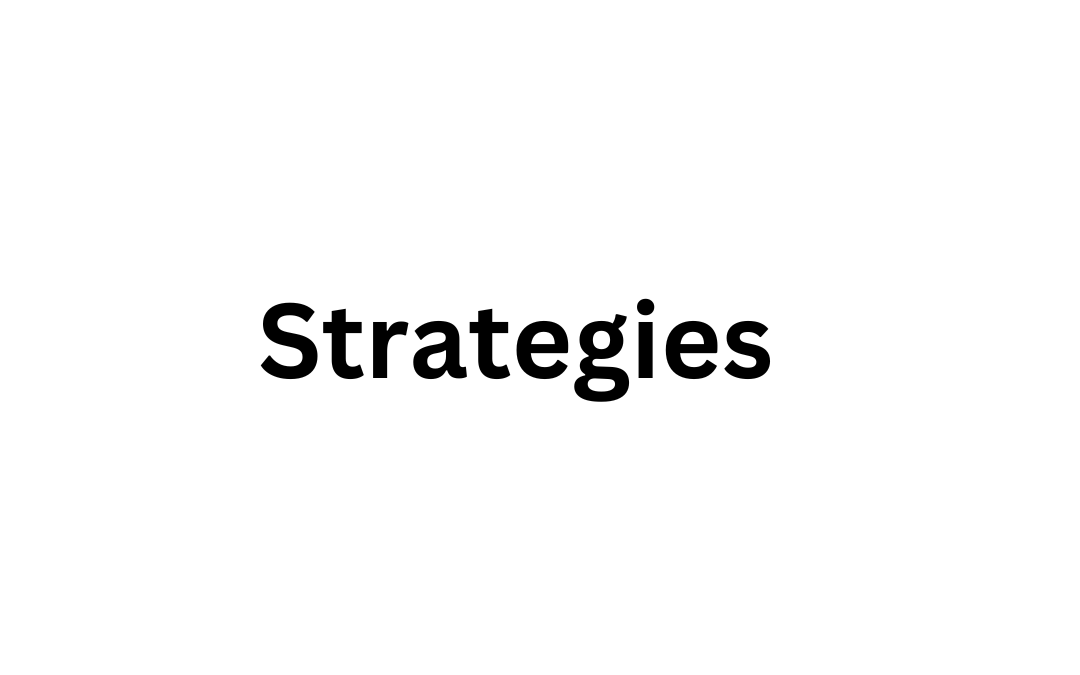A stroke can be a life-altering event, affecting not only physical health but also emotional well-being and quality of life. However, with the right strategies and support, individuals can navigate the journey of recovery and reclaim a fulfilling life post-stroke. In this article, we explore effective approaches for enhancing recovery and improving quality of life after stroke.
Rehabilitation plays a crucial role in the recovery process after a stroke. Work closely with a multidisciplinary team of healthcare professionals, including physiotherapists, occupational therapists, speech therapists, and psychologists, to develop a comprehensive rehabilitation plan tailored to your specific needs. Consistent participation in rehabilitation exercises and therapies can help regain mobility, improve strength and coordination, and enhance overall function.
Setting realistic and achievable goals is key to maintaining motivation and progress in the recovery journey. Break down larger goals into smaller, manageable tasks, and celebrate each milestone along the way. By focusing on incremental progress, individuals can build confidence and momentum in their recovery efforts.
Regular physical activity is essential for promoting physical and mental well-being after a stroke. Engage in activities such as walking, swimming, or tai chi to improve cardiovascular health, muscle strength, and flexibility. Consult with healthcare professionals to determine a safe and appropriate exercise regimen based on your individual abilities and limitations.
Maintaining social connections and engaging in meaningful activities can significantly enhance quality of life after a stroke. Seek support from family, friends, and support groups to combat feelings of isolation and depression. Participate in social activities, hobbies, and community events to stay connected and cultivate a sense of belonging.
Making modifications to your home environment can help facilitate independence and safety during the recovery process. Install grab bars in bathrooms, improve lighting, and remove trip hazards to reduce the risk of falls. Consider using assistive devices such as wheelchairs, walkers, or adaptive utensils to enhance mobility and function in daily activities.
A balanced and nutritious diet is essential for supporting recovery and overall health after a stroke. Emphasize fruits, vegetables, whole grains, lean proteins, and healthy fats while limiting sodium, saturated fats, and added sugars. Consult with a registered dietitian for personalized dietary recommendations tailored to your specific dietary needs and preferences.
Coping with the physical and emotional challenges of stroke recovery can be overwhelming. Practice stress-reduction techniques such as mindfulness, deep breathing exercises, and relaxation techniques to promote mental well-being. Seek professional support from counselors or therapists to address any psychological concerns such as anxiety, depression, or adjustment issues.
Empower yourself with knowledge about stroke, its risk factors, and strategies for prevention and management. Stay informed about advancements in stroke treatment and rehabilitation techniques. Advocate for yourself or your loved one by actively participating in healthcare decisions and seeking out resources and support services available in your community.
Recovery after stroke is a journey marked by resilience, determination, and hope. By embracing rehabilitation, setting realistic goals, prioritizing physical activity, fostering social connections, adapting the environment, focusing on nutrition, managing stress and mental health, and staying educated and advocated, individuals can enhance their recovery and improve their quality of life after stroke. With the right strategies and support, individuals can navigate the challenges of stroke recovery and embrace a fulfilling life beyond stroke.
These articles, crafted by LeeAnn Seung Walton with insights from medical resources and ChatGPT, serve as a valuable reference guide. While these materials provide useful information, it’s crucial to consult your doctor for any additional questions or concerns.

